Biden administration protects Bristol Bay salmon fisheries, which bring an estimated $2.2 billion and 15,000 jobs annually
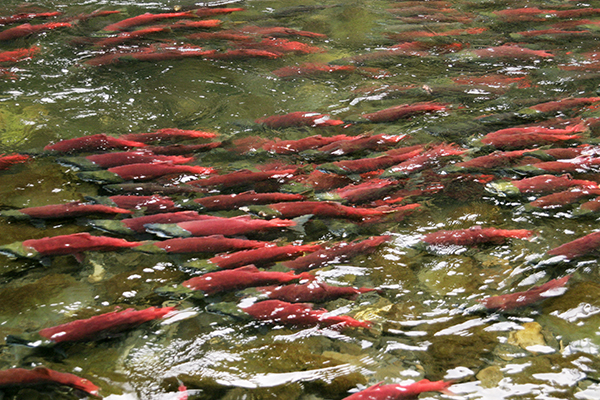
U.S. President Joe Biden’s administration has moved to protect Bristol Bay in Alaska – one of the world’s most valuable wild salmon fisheries – by vetoing the development of the Pebble Mine project.
As reported in The New York Times, the Pebble Mine proposal called for an open-pit mine on a square mile of land, eventually dug to a depth of about 1,500 feet. Each year, millions of tons of rock ore would be removed and processed to extract gold, copper and molybdenum. A power plant and pipeline would also be constructed, as well as an access road and a port.
On January 31, 2023, the Environmental Protection Agency (EPA) issued a Final Determination under the Clean Water Act to help protect Bristol Bay, the most productive wild salmon ecosystem in the world. This action bans the disposal of mine waste in part of the bay’s watershed, about 200 miles southwest of Anchorage. A copy of the Final Determination is available on EPA’s Bristol Bay website.
“After reviewing the extensive scientific and technical record spanning two decades, EPA has determined that specific discharges associated with developing the Pebble deposit will have unacceptable and adverse effects on certain salmon fishery areas in the Bristol Bay watershed,” said EPA Assistant Administrator for Water Radhika Fox. “Our Final Determination helps prevent those adverse effects while helping protect a vibrant and magnificent watershed. It’s also important to note that EPA’s action does not apply to current or future resource development projects in Alaska.”
The Bristol Bay watershed’s fishery resources are a thriving economic driver for the region, generating significant nutritional, cultural, economic and recreational value. The total economic value, including subsistence uses of the Bristol Bay watershed’s salmon resources, was estimated at more than $2.2 billion in 2019 and results in 15,000 jobs annually. The Bristol Bay Watershed is home to 25 Alaska Native villages and communities and supports one of the last intact, sustainable salmon-based cultures in the world. Salmon provides more than half of the subsistence harvest for some Alaska Native communities in the Bristol Bay region.
Ocean mining’s energy potential could put global fisheries at risk
“The Bristol Bay watershed is a vital economic driver, providing jobs, sustenance and significant ecological and cultural value to the region,” said Michael Regan, EPA administrator. “With this action, EPA is advancing its commitment to help protect this one-of-a-kind ecosystem, safeguard an essential Alaskan industry and preserve the way of life for more than two dozen Alaska Native villages.”
Read more about this decision here. More to come in the Advocate next week.
Follow the Advocate on Twitter @GSA_Advocate
Now that you've reached the end of the article ...
… please consider supporting GSA’s mission to advance responsible seafood practices through education, advocacy and third-party assurances. The Advocate aims to document the evolution of responsible seafood practices and share the expansive knowledge of our vast network of contributors.
By becoming a Global Seafood Alliance member, you’re ensuring that all of the pre-competitive work we do through member benefits, resources and events can continue. Individual membership costs just $50 a year.
Not a GSA member? Join us.
Author
Tagged With
Related Posts
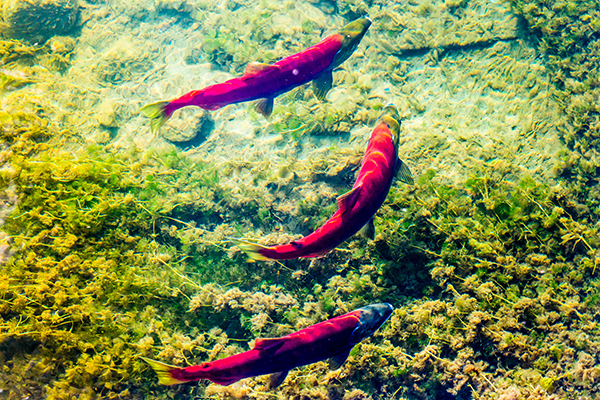
Fisheries
Mining poses greater threats to salmon than impact assessments show, scientists say
A new study shows that impact assessments don’t fully capture the environmental risks of mining to salmonid-bearing watersheds.
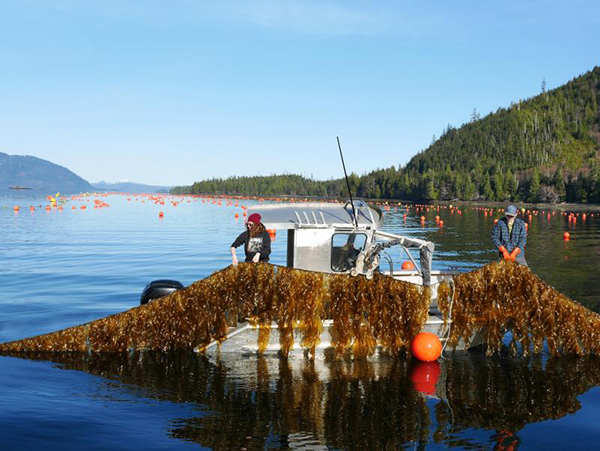
Innovation & Investment
Alaska Mariculture Cluster awarded grants to advance Alaska’s mariculture industry
The Alaska Mariculture Cluster has won nearly $49 million in grants to support Alaska's big-potential mariculture industry.
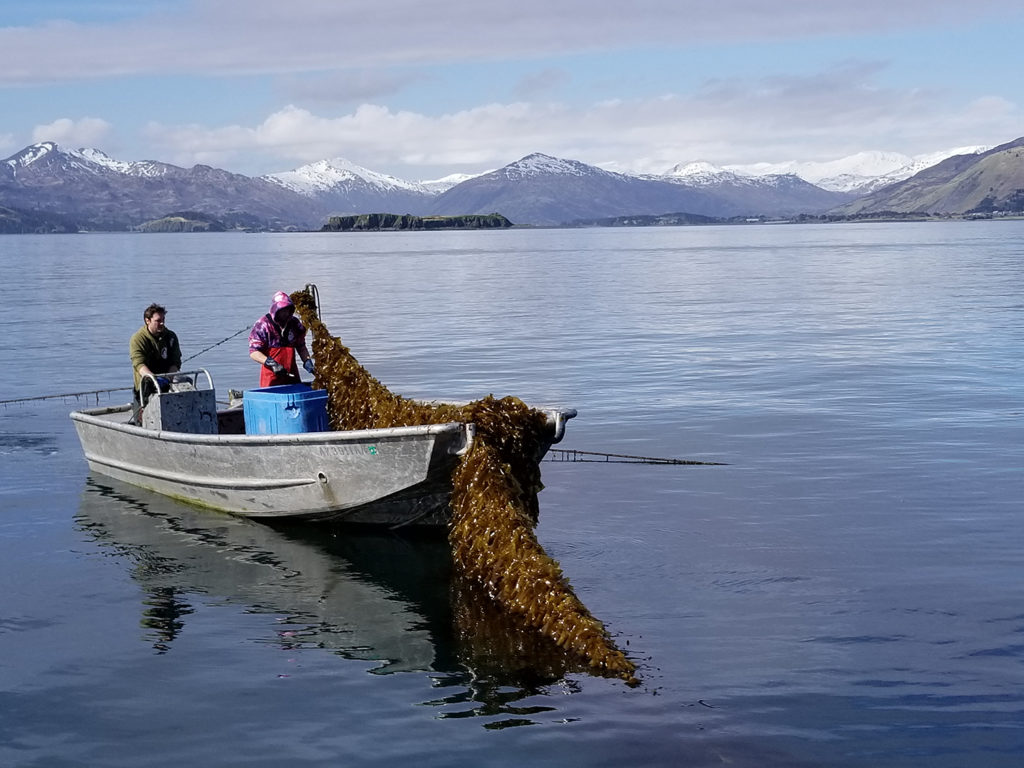
Responsibility
With entrenched aquaculture views, Alaska weighs its future in farming
The word aquaculture is a dirty one in Alaska, where finfish farming is firmly prohibited. But if your farm fits a certain description, permits to proceed can indeed be obtained.
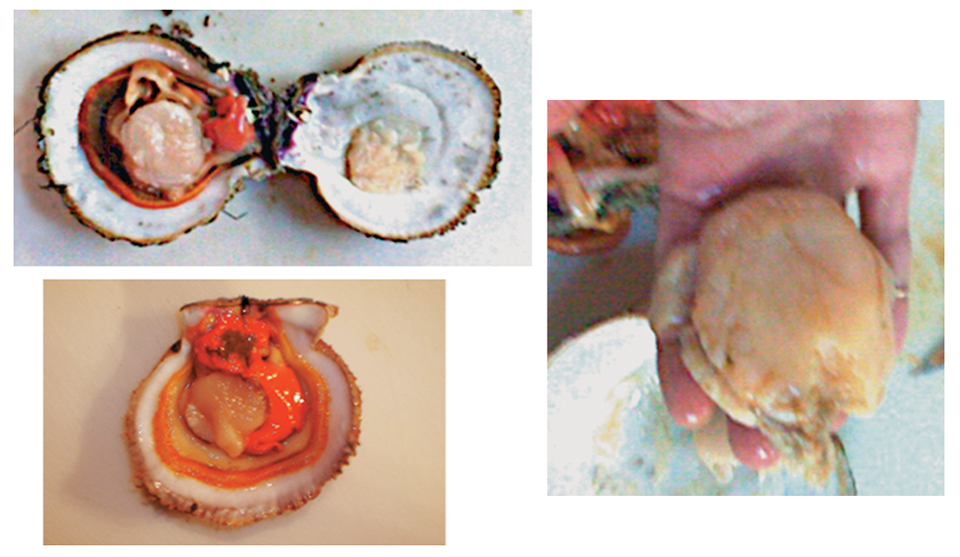
Health & Welfare
Alaska’s purple-hinge rock scallops considered for aquaculture development
Purple-hinge rock scallops are highly prized by local communities and harvested for subsistence in coastal Alaska. To evaluate the suitability of purple-hinge rock scallops for mariculture in Alaska, the authors conducted a four-year grow-out study.



